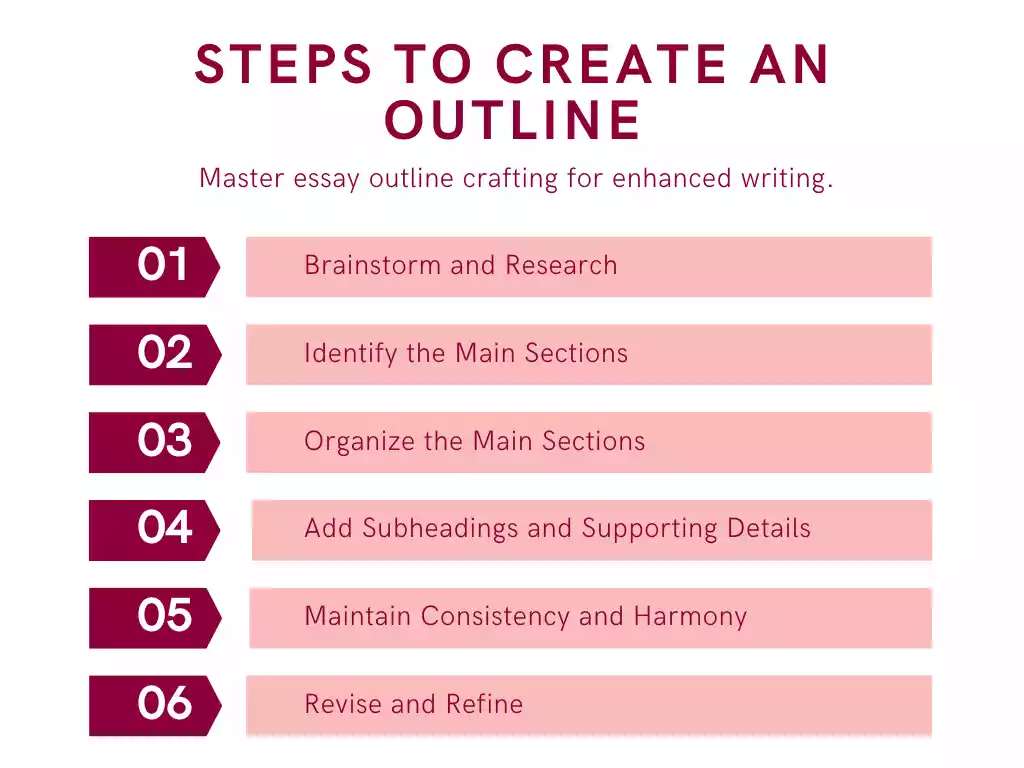Difference Between Curriculum Vitae (CV) and Resume: What You Need to Know
When it comes to showcasing your professional background, the curriculum vitae (CV) and the resume serve as the go-to documents.
Both summarize your education, work experience, and skills, but they are not interchangeable. Let’s look at the fundamental differences between these two documents to understand their unique purposes and contexts.
Table of Contents
Length – (Conciseness vs. Comprehensive Information)
The most apparent contrast between a CV and a resume lies in their length. A resume is typically a concise document, spanning one to two pages.

While a CV on the other hand can be much more extensive, reaching up to 10 pages or even longer. The increased length of a CV is due to its inclusion of comprehensive details about your academic and professional background.

Purpose – (Job Applications vs. Multifaceted Usage)
Another crucial factor that sets a resume apart from a CV is its purpose. A resume is commonly used for job applications in various industries.
It serves as a focused snapshot of your qualifications, tailored specifically to match the requirements of a particular job position.
On the contrary, a CV serves a broader range of purposes beyond job applications. It is commonly used for academic admissions, fellowships, grants, and other situations that necessitate a detailed overview of your skills and experiences.
Content – (Key Sections to Highlight)
The content of a resume and a CV also differs in terms of the sections included.
Resume:
A typical resume consists of the following key sections:
- Education: In this section, you provide details about your educational background, including degrees earned, institutions attended, and relevant coursework.
- Work Experience: Here, you outline your professional experiences, emphasizing key responsibilities, achievements, and notable projects you have undertaken.
- Skills: In the skills section, you list the specific abilities and competencies that are relevant to the job you are applying for.
These may include technical skills, language proficiency, or other specialized knowledge. - Awards and Honors: This section highlights any recognition or accolades you have received throughout your career, such as academic awards or professional commendations.
- References: While optional, including references allows potential employers to contact individuals who can vouch for your skills and work ethic.
CV:
In contrast, a CV can encompass a more extensive range of sections, including:
- Education: Similar to a resume, the CV should present your educational background in detail.
- Work Experience: This section provides a comprehensive overview of your professional experiences, going beyond a simple list of job titles and durations.
It may include detailed descriptions of projects, collaborations, and outcomes. - Research: If you have engaged in research activities, such as conducting experiments, analyzing data, or publishing research papers, the CV allows you to highlight these accomplishments.
- Publications: For individuals in academic or research fields, a CV provides space to list any articles, books, or other publications you have authored or co-authored.
- Presentations: If you have presented your work at conferences, symposiums, or other events, the CV allows you to showcase your speaking engagements.
- Awards and Honors: Similar to a resume, the CV includes a section to showcase any awards, honors, or scholarships you have received.
- Professional Memberships: In this section, you can mention memberships in professional organizations or societies relevant to your field.
- Language Skills: If you possess proficiency in multiple languages, the CV provides an opportunity to highlight these skills.
- Personal Interests: Including personal interests can add a touch of personality to your CV and provide potential conversation starters during interviews.
Formatting – (Striking the Right Tone)
The formatting of a resume and a CV also differs. A resume is typically formatted in a more traditional and straightforward manner, with clear headings for each section.
This style ensures easy readability and quick scanning for potential employers. In contrast, a CV allows for more creativity in formatting.
Different fonts, colors, and graphics can be utilized to make your CV visually appealing and stand out from the competition.
However, it is crucial to strike a balance and ensure that the formatting choices align with the professional standards of your field.
Which One Should You Use?
The decision of whether to use a resume or a CV depends on the specific purpose and context. If you are applying for a job, a concise and focused resume is generally the appropriate choice.
On the other hand, if you are pursuing academic admissions, fellowships, grants, or other endeavors that require a more detailed overview of your skills and experiences, a comprehensive CV is the preferred option.
Tailoring your application materials to suit the requirements and expectations of the target audience is crucial for maximizing your chances of success.
To summarize the key differences between a resume and a CV, refer to the table below:
| Feature | Resume | CV |
|---|---|---|
| Length | Typically, between 1–2 pages | Can be up to 10 pages or more |
| Purpose | Job applications | Academic admissions, fellowships, grants, etc. |
| Content | Education, work experience, skills, awards and honors, references | Education, work experience, research, publications, presentations, awards and honors, professional memberships, language skills, personal interests |
| Formatting | Traditional, with clear headings for each section | More originative or creative, with different fonts, colors, and graphics |
I hope this comprehensive overview has provided you with a clear understanding of the distinctions between a CV and a resume.
Remember to carefully consider the purpose of your document and tailor it accordingly to increase your chances of achieving your desired outcomes.
Wrap Up
Having a clear understanding of the differences between a CV and a resume is crucial for presenting your qualifications effectively.
While a resume is concise and tailored for job applications, a CV offers a more comprehensive overview of your skills and experiences, catering to academic admissions and other multifaceted purposes.
By carefully considering the purpose and target audience, you can choose the appropriate document and optimize your chances of success in your endeavors.
Frequently Asked Questions
1. Can a resume be longer than two pages? Ideally, a resume should be limited to one to two pages. However, in certain cases where extensive work experience or other relevant details need to be included, it is acceptable for a resume to exceed two pages.
Nonetheless, it is crucial to prioritize relevance and conciseness, ensuring that the document remains focused and easy to read.
2. Should I include personal interests in my CV? Including personal interests in a CV is optional, but can provide valuable insights into your character and personality.
But, it is essential to choose interests that are relevant or demonstrate transferable skills to your desired field or position.
3. Can a CV be used for job applications? While a CV can provide a comprehensive overview of your qualifications, it is generally recommended to use a resume for job applications, especially in industries where concise and focused information is preferred.
Designing your application materials to the specific requirements of the job posting can significantly increase your chances of success.
4. Are references necessary in a resume or CV? Including references in a resume or CV is not mandatory, but it can be beneficial. It allows potential employers or academic institutions to gather additional insights about your work ethic and abilities.
However, ensure that you have obtained permission from your references before including their contact information and inform them about the positions you are applying for.
5. Can I use a CV for non-academic positions? While CVs are commonly used in academic settings, they can also be used for certain non-academic positions that require a comprehensive overview of your experiences, such as senior executive roles or positions in research-intensive industries.
But, it is important to research and understand the specific expectations of the industry or organization you are applying to and tailor your CV accordingly.





